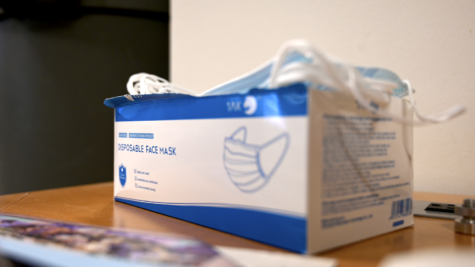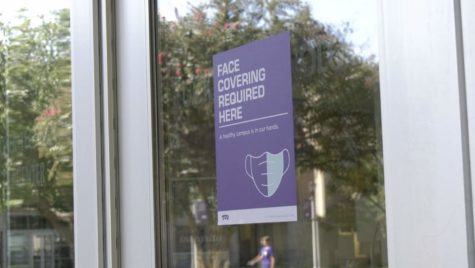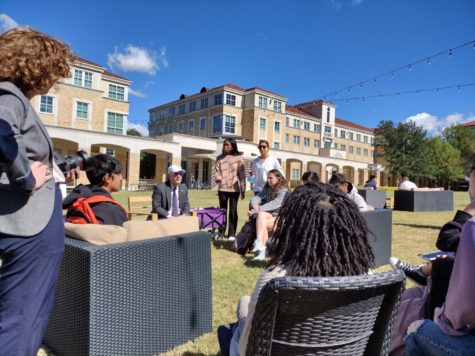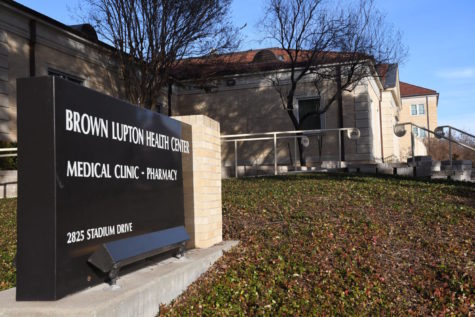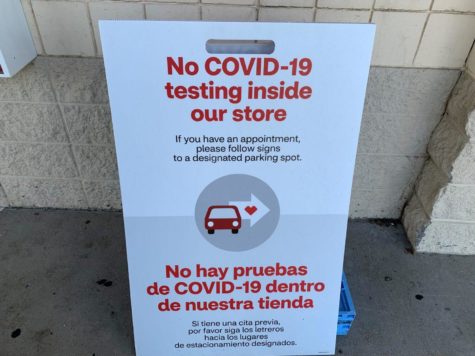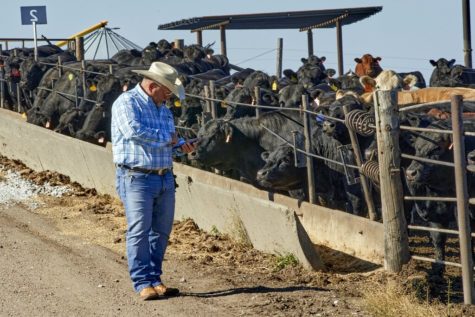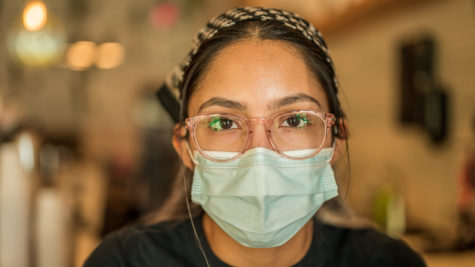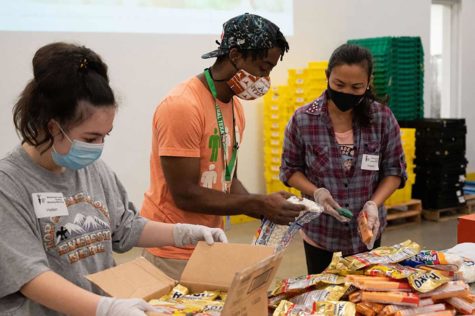Tyson Fresh Meats plant leads to a spike in COVID-19 cases in one county
Cass County, Indiana, had the highest rate of COVID-19 cases per capita in the state.
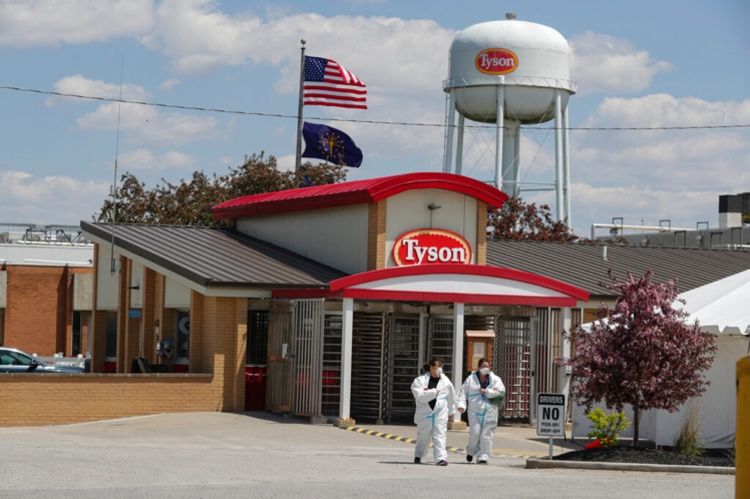
Logansport, Indiana - Cass County sits in Indiana's corn belt, where acres of black dirt house row upon row of corn and soybeans.
But this year, spring planting was eclipsed by the novel coronavirus.
This county of 37,000 became a hotspot for COVID-19, shuttering businesses, closings schools and stopping community activities. It also highlighted the fragility of the nation's food supply chain as the local Tyson Fresh Meat plant became ground zero for the virus.
Today, people are back shopping at Walmart, eating at restaurants and planning the 4-H Fair. But there's no doubt COVID-19 left a mark.
The state's highest rate
At the start of April, nothing looked amiss.
Indiana Gov. Eric Holcomb had signed Executive Order 20-08 on March 23, requiring Hoosiers to stay at home unless they were deemed an essential worker.
Five days later, the federal government declared meat packing plants part of a critical infrastructure that couldn't shut down during the pandemic.
The cases in Cass County were scattered. The outbreak appeared contained. But the virus spread quickly. Within 25 days, there were more than 1,000 cases--many tied to the Tyson plant, just north of the Hoosier Heartland Highway, on the edge of town.
The plant closed for two weeks on April 25 after the outbreak affected more than 1,000 of its 2,000 employees. At the time, Cass County had the highest rate of positive COVID-19 cases per amount of people tested in the state.
When production resumed May 7, social distancing guidelines were in place, and masks were required.
"We’ve taken additional precautions to reassure team members that they are returning to a safe work environment and have made additional changes to continue supporting them during this global health crisis," Todd Neff, Tyson's senior vice president of pork, said in a statement.
The company doubled bonuses for employees and extended short-term disability coverage to 90% to encourage employees to stay home.
The virus underscored the vulnerabilities of working in the meatpacking industry, where workers are already exposed to high noise levels, dangerous equipment, slippery floors, musculoskeletal disorders, and hazardous chemicals including ammonia, which is used as a refrigerant.
Employees returned to work with mixed feelings, said Brigid Kelly, communication director for union local (UFCW Local 700).
“The people who work at Tyson are people too,” Kelly said. “Everyone wants to be safe and healthy when they go to work and safe and healthy when they come home.”
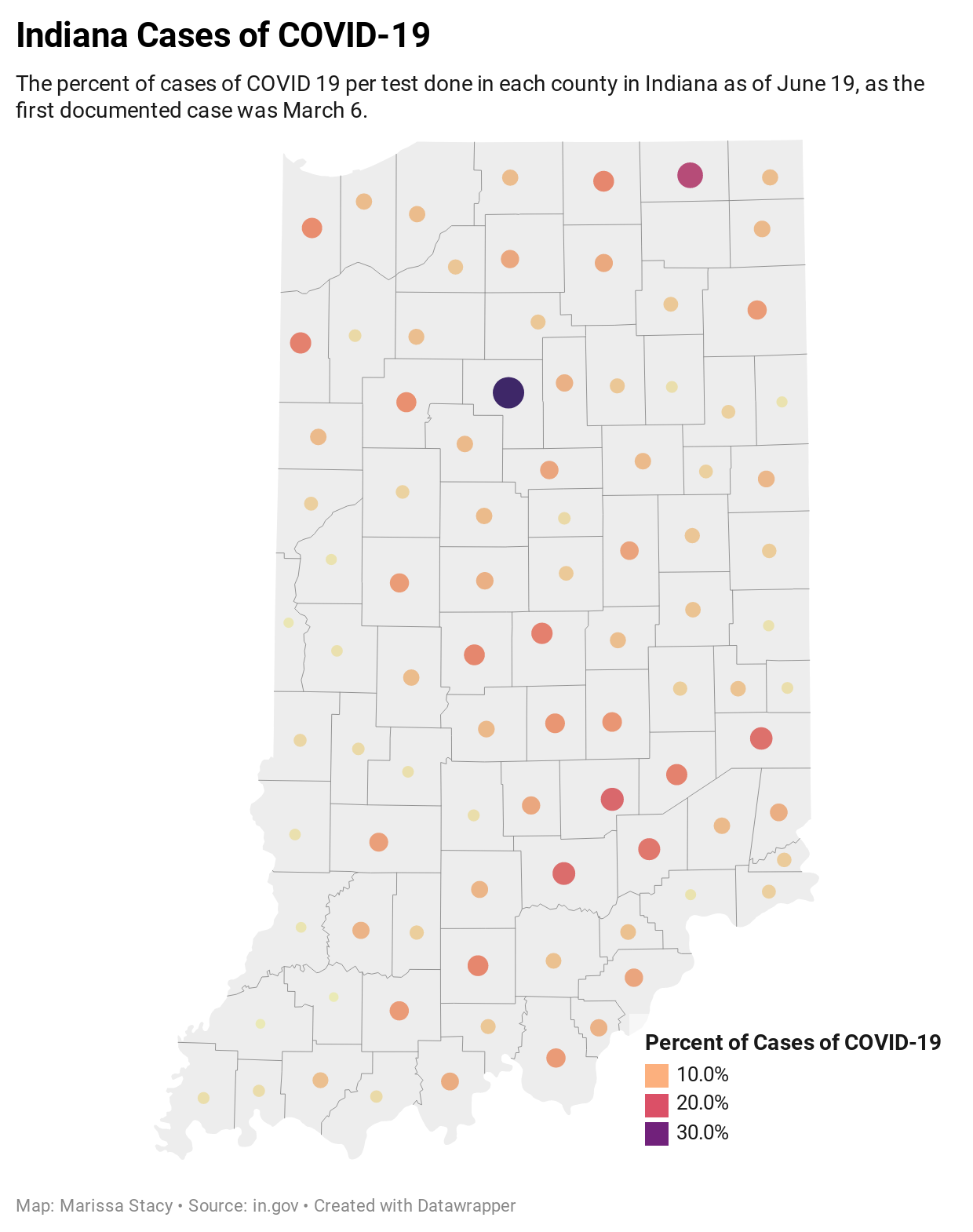
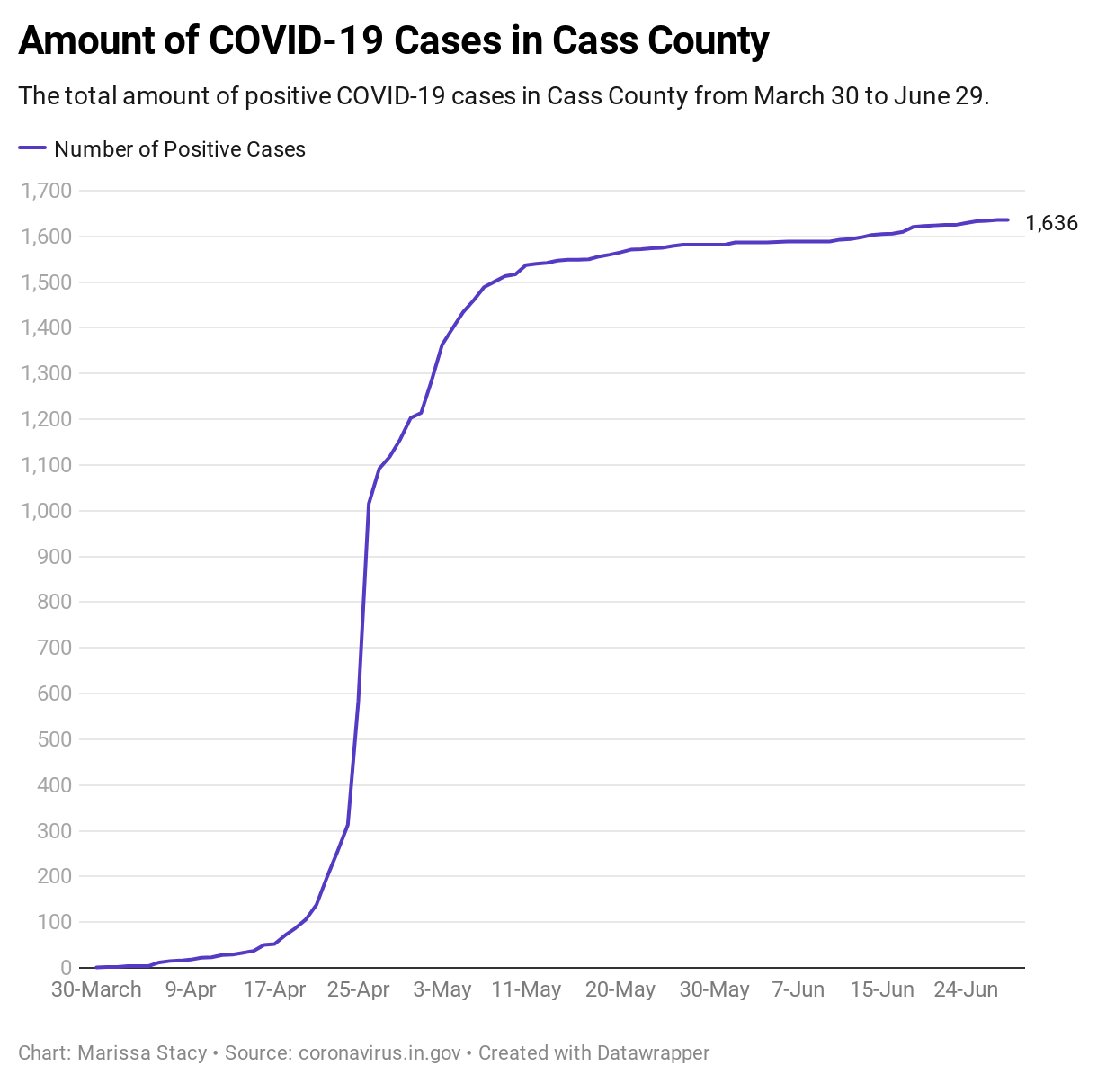
Tyson has now included a mobile health clinic onsite for employees. Temperatures are taken before each employee enters, and they are asked about any other COVID-19 symptoms.
Many of Tyson's employees worked shoulder to shoulder preparing meat for local grocers, making social distancing difficult.
Read more: Nebraska meatpacking workers vulnerable to COVID-19
Precautions began to be put in place even before the shutdown, and others were added after production resumed. These include disposable masks daily, plexiglass barriers in common areas, a tent outdoors for breaks and the hiring of social distancing monitors.
Kelly said Tyson has been continuing to update its safety precautions as more are needed.
“It was a continuing effort as we learned more,” Kelly said. “Originally there started to be different protocols starting at the beginning of March. It’s really been a continuous improvement process because as we know more and learn more about best practices then we are better able to figure out what we need to best accommodate folks.”
Kelly said the employees had access to additional pay during the shutdown.
“We were able to work with Tyson so that our members had access to additional pay and also continue to because if you go into work in dangerous conditions, especially conditions that are more dangerous than normal, you deserve to be appropriately compensated for that,” Kelly said.
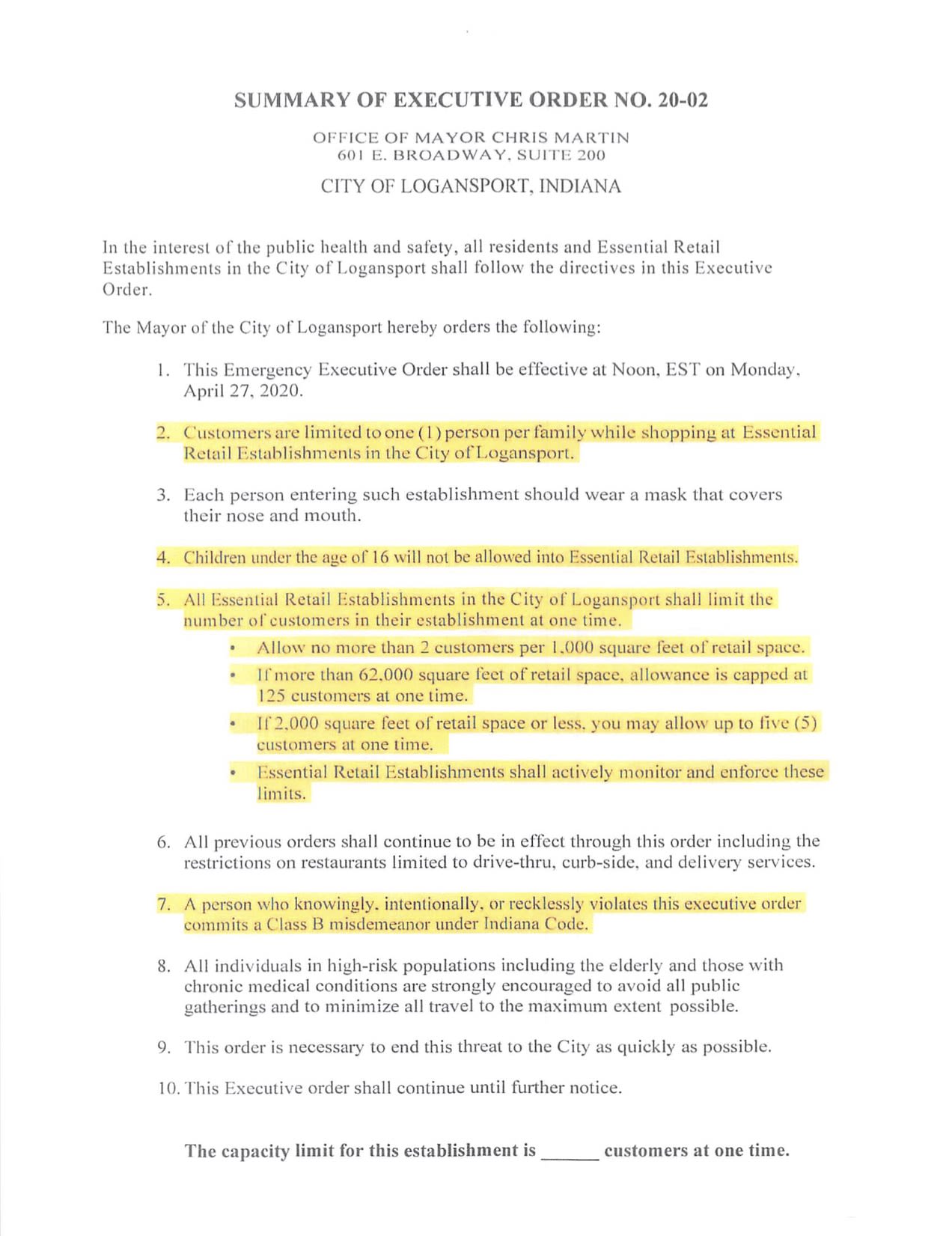
Town reaction
While COVID-19 was spreading through the community, Logansport Mayor Chris Martin issued an executive order enforcing stronger guidelines through the community.
As the cases spiked in the rural community, Martin imposed guidelines stricter than the state's.
These included limiting the number of people per family who can enter a retail establishment, requiring masks and not allowing children under the age of 16 to enter retail establishments -- all of this with hopes to help protect his community.
"It was definitely different for a lot of us here in Logansport," Martin said. "It was a concern for the citizens, of course, with the rise in cases, and as government officials, we didn't know exactly what to do. We used the best knowledge that we had at that point."
City officials don't blame Tyson for the spike in cases.
"You can't point fingers," Martin said. "This was more of an effort, as far as precautions go, that Tyson was taking back in February."
Tyson's official statement says it has been working on precautions since January when it started an official coronavirus task force.
"While Tyson Foods is working with local officials to protect team members during this ever-changing situation, the company takes its responsibility seriously to continue feeding people across the country during this global health pandemic," according to the statement.
Other county officials echoed the mayor, saying Tyson was not at fault for the outbreak.
"It's not just Tyson," said Ryan Browning, the Cass County commissioner. "It was the processing plant industry as a whole."
The community is still working on getting back on track from the initial spike in late April. As the curve has begun to flatten, they are still seeing new cases.
As of July 8, there were 1,642 positive cases and nine deaths, according to coronavirus.in.gov.
Browning said people are still careful when they go out in the community and follow CDC guidelines.
"People need to not let their guard down," Browning said.
Martin asked all those who have symptoms to wear a mask.
"That's one of the most important things you can do [wearing a mask] as a citizen is to protect the entire city," Martin said.



